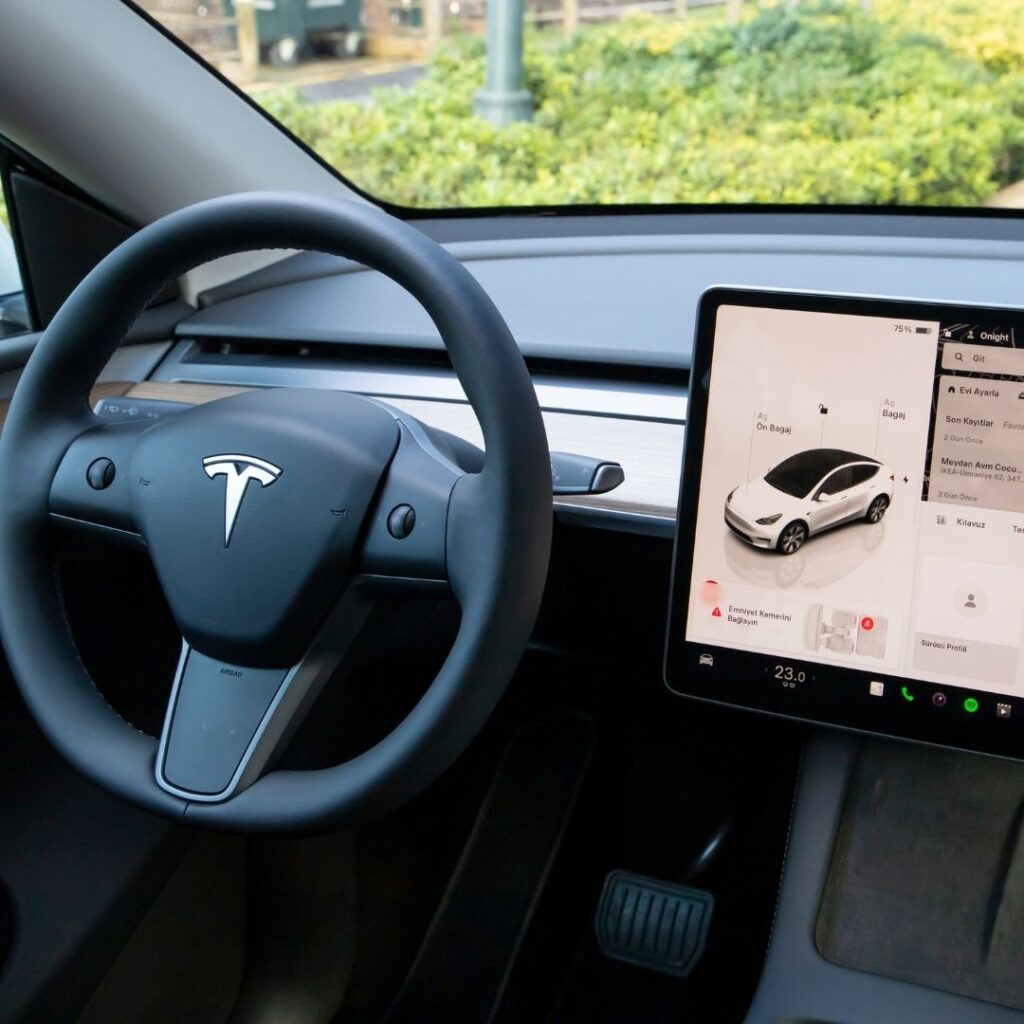The electric vehicle market is witnessing a significant shift, with Tesla facing notable challenges in Europe. Recent data reveals a substantial decline in Tesla’s sales and brand health, raising questions about the company’s position in a rapidly evolving market.
Here’s a breakdown of the key issues:
Sharp Sales Decline:
- Tesla’s European sales have plummeted by approximately 45%. This significant drop indicates a notable change in consumer behavior and market dynamics.
- This decline is happening while the overall electric vehicle (EV) market in Europe is actually growing. This means that consumers are buying EV’s, just not Tesla’s as much.
- Specifically, Germany and France have seen particularly steep sales decreases.
Weakening Brand Health:
- According to YouGov BrandIndex data, Tesla’s brand health rating has deteriorated significantly. This points to a decline in public perception and consumer sentiment towards the brand.
- This means that the general public opinion of the Tesla brand has become significantly more negative.
Factors Contributing to the Decline:
Several factors are likely contributing to Tesla’s challenges in Europe:
- Elon Musk’s Public Image:
- Elon Musk’s increasingly vocal and sometimes controversial public statements and actions have drawn criticism in Europe. This has likely impacted consumer perception of the Tesla brand.
- His political associations have caused negative reactions from some European consumers.
- Increased Competition:
- The European EV market is becoming increasingly competitive, with established automakers and new entrants offering a wider range of electric vehicles. This increased competition is putting pressure on Tesla’s market share.
- Traditional European car makers are now producing very competitive EV’s.
- Model Updates:
- The timing of model updates, particularly the Model Y, may be influencing consumer purchasing decisions. Customers may be delaying purchases in anticipation of the new model.
- Also, retooling production lines for those updates can cause temporary supply disruptions.
- Market Shifts:
- There are shifts in what European consumers are wanting. Hybrid vehicles are increasing in popularity.
Key Takeaways:
- Tesla’s challenges in Europe highlight the importance of brand reputation and the impact of leadership on consumer perception.
- The rapidly evolving EV market requires companies to adapt to changing consumer preferences and competitive pressures.
- While the EV market continues to grow, individual companies must remain vigilant to maintain their market share.
It is clear that Tesla faces some headwinds in the European market. How the company adapts to these challenges will be crucial to its future success in the region.


